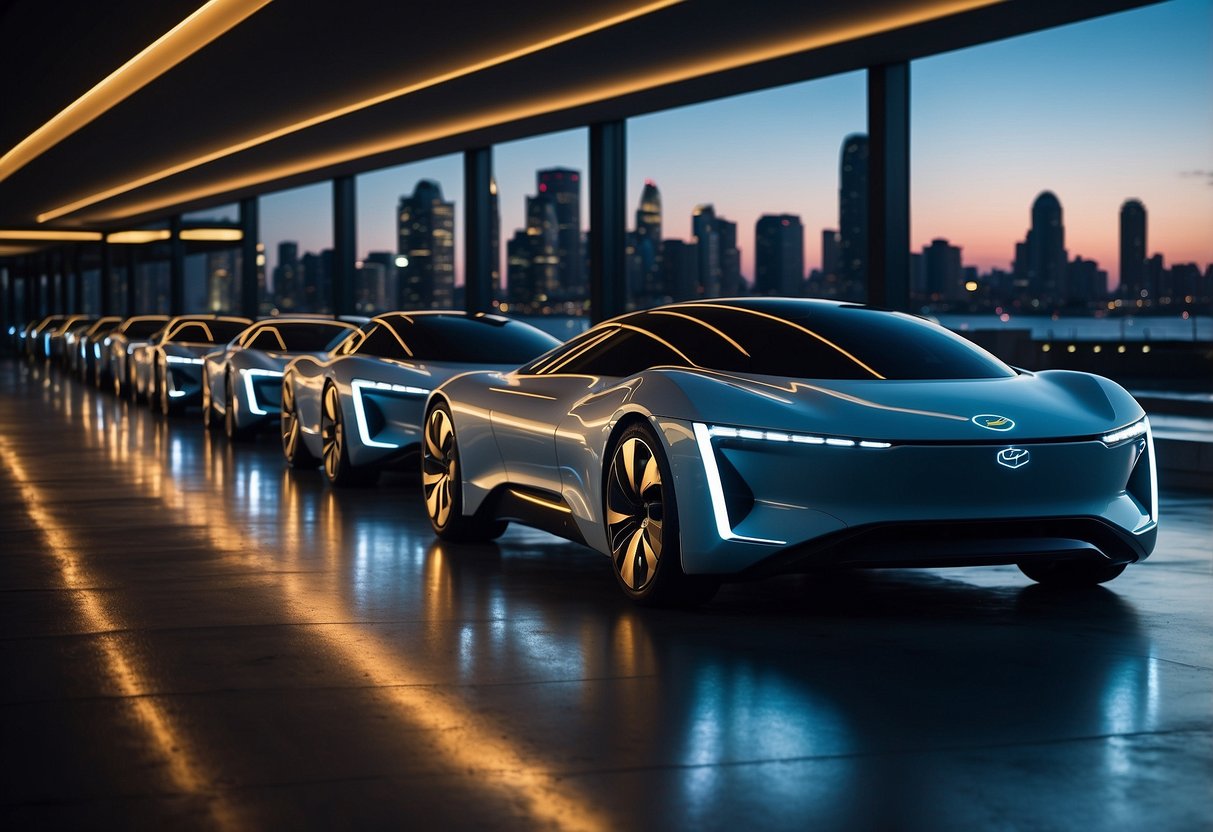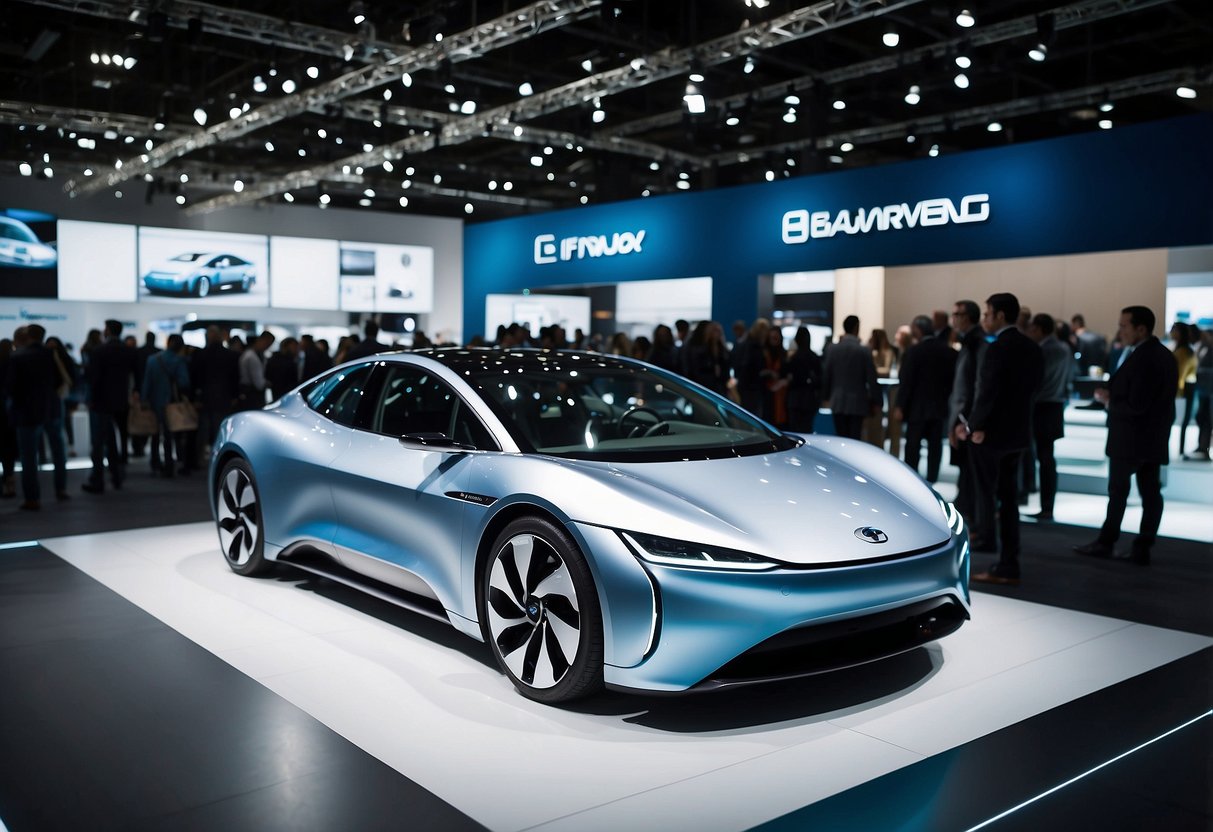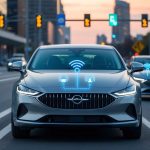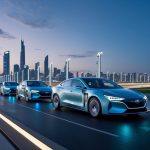
Electric vehicles (EVs) are rapidly transforming the automotive industry, with significant advancements in technology and design emerging each year. As automakers ramp up their efforts, a wave of innovative and eco-friendly models are set to hit the market, promising greater range, performance, and accessibility. This shift heralds an exciting era for both enthusiasts and everyday drivers who are looking to invest in sustainable transportation.
In the coming months and years, consumers can anticipate a diverse array of new electric vehicles tailored to various needs and preferences. From compact city cars to luxury sedans and robust SUVs, the options are expanding, making it easier than ever to switch to electric. This blog will spotlight some of the most anticipated EV models set to debut, offering a glimpse into the future of green motoring.
Manufacturers are not only focusing on extending driving ranges but also on enhancing charging infrastructure and integrating cutting-edge technology. These advancements are crucial in addressing common concerns and making the transition to electric more seamless. Stay tuned as we explore these upcoming models and what they promise to bring to the evolving landscape of electric transportation.
State of the Market

Electric vehicles (EVs) have seen increasing adoption due to advancements in technology and favorable government policies. Market growth projections indicate strong expansion over the next decade, bolstered by consumer demand and significant investments from automakers.
Adoption Trends
The adoption of electric vehicles has accelerated sharply in recent years. Governments worldwide are enacting policies such as tax incentives, rebates, and stricter emissions standards to encourage the transition from internal combustion engines to EVs. These initiatives have significantly impacted consumer choices.
Automakers are also responding to growing demand by expanding their electric offerings. Companies like Tesla, BMW, and Nissan have led this shift, but traditional manufacturers are also entering the market with new models. Range anxiety, once a significant barrier, is diminishing as battery technology improves, providing longer driving ranges and faster charging times.
Market Growth Projections
Forecasts for the electric vehicle market are optimistic. Analysts predict a compound annual growth rate (CAGR) of around 20% over the next decade. This growth is expected to be driven by an increasing variety of models, technological advancements, and lower prices due to economies of scale.
Investments from major automotive companies into EV research and development are substantial, further driving market expansion. Additionally, infrastructure improvements, such as the proliferation of charging stations, are expected to support and sustain this growth. As battery costs decrease, the cost parity between electric and traditional vehicles will likely hasten EV adoption.
Technological Advancements

Electric vehicles (EVs) are progressing rapidly due to innovations in battery technology and improvements in charging infrastructure. These advancements are critical to making EVs more efficient, accessible, and convenient for drivers.
Battery Innovations
Innovations in battery technology are pivotal for the future of EVs. The development of solid-state batteries promises increased energy density and faster charging times compared to current lithium-ion batteries.
Solid-state batteries replace the liquid electrolyte with a solid material, reducing the risk of fire and enabling greater energy storage. Companies are investing heavily in this technology, aiming for widespread commercial availability within the next few years.
Another key area is battery recycling and sustainability. Efficient recycling processes can recover valuable materials, making EVs more environmentally friendly. Enhanced battery management systems also contribute by optimizing performance and lifespan through advanced monitoring and control.
Charging Infrastructure Developments
The development of charging infrastructure is another critical factor. High-speed charging stations are becoming more common, reducing charging times significantly. Ultra-fast chargers can add substantial range within minutes, alleviating concerns about long charging durations.
Smart grid technology is playing a crucial role in managing the increased demand on the power grid. By enabling bidirectional charging, EVs can feed energy back into the grid, contributing to energy stability during peak hours.
Furthermore, wireless charging is an emerging technology. It allows for convenient, cable-free charging options, which could be embedded in parking spots or even roads. This technology, though still in its early stages, offers the promise of seamless and effortless charging experiences for EV owners.



